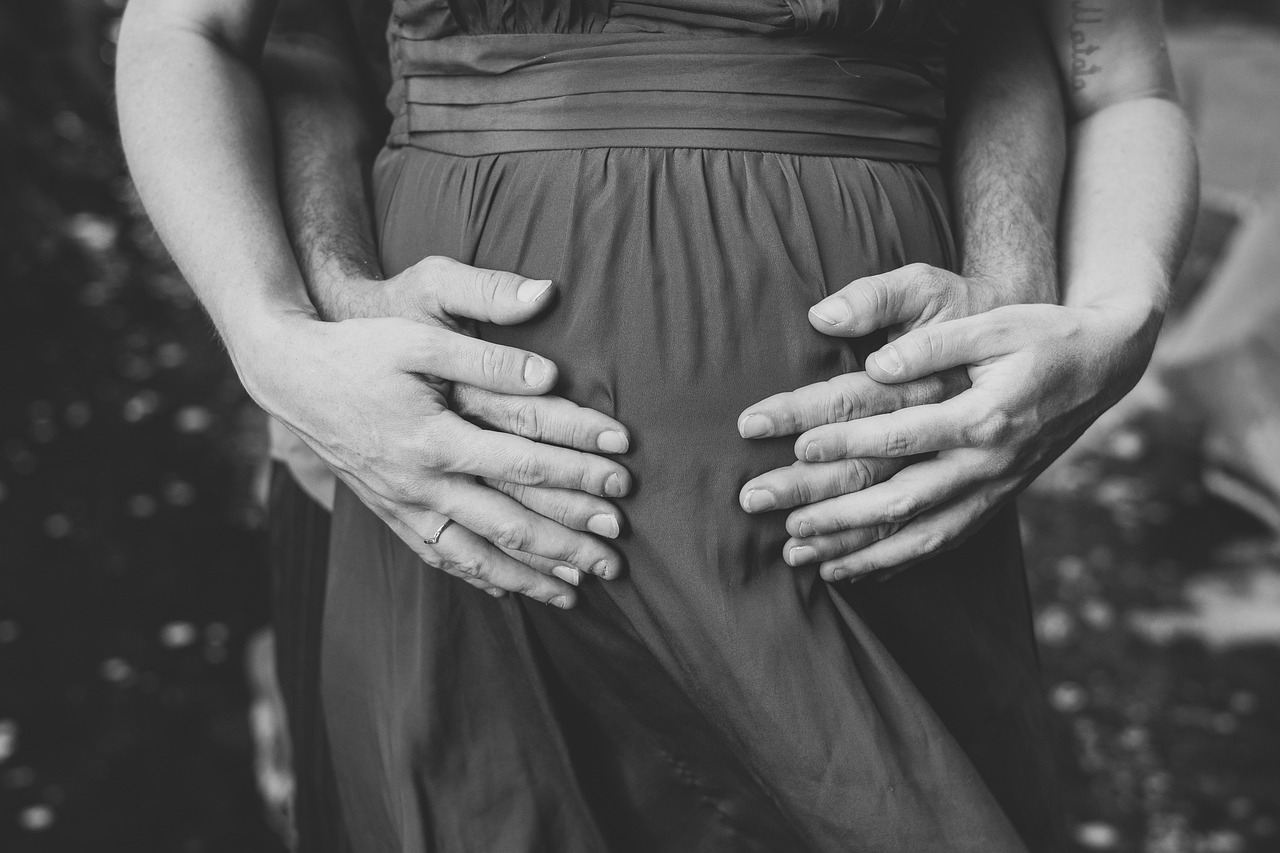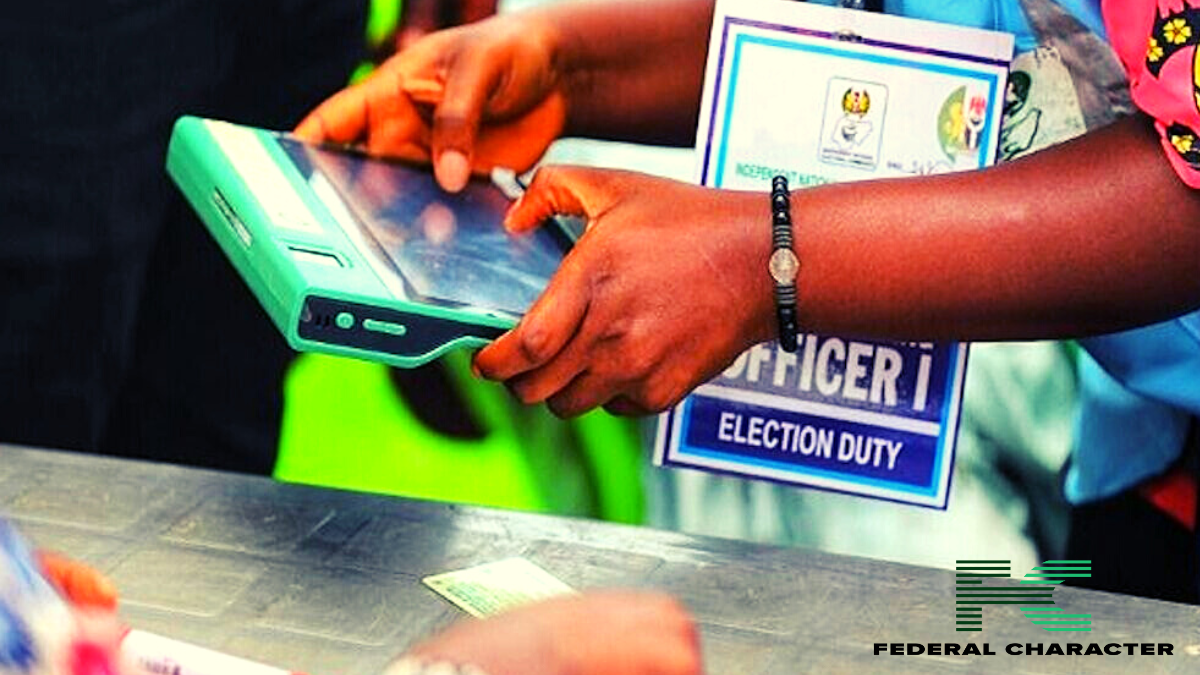Let’s be real; when people hear the word premature menopause, especially newly diagnosed patients who never thought that would be their reality, they don’t immediately start thinking about hormones or lifestyle changes as a possible treatment. I believe the majority are concerned about one thing which is “can I still have kids?”
It’s a huge concern and it makes sense why. Because it’s not just about health, it’s also about a future they may have imagined for themselves. While the condition of premature menopause might sound overwhelming to many people, especially women who are seeking kids of their own, it doesn’t automatically close the door to having kids. This article will show what other options women have when it comes to infertility caused by premature menopause.

Photo by Amenable
Egg Donation
Egg donation is probably one of the most common ways women with this condition can still have children. The process of egg donation involves a woman who can still produce healthy eggs, known as a donor, giving her eggs, and they are fertilized with either the woman’s partner’s sperm or a donor’s sperm. In vitro fertilization, or IVF, is the method used to do this, in which the sperm and egg meet outside of the body.
The fertilized egg, known as an embryo, is then inserted into the woman’s uterus, where it can grow into a pregnancy if all goes according to plan.
The fact that the child will not share any biological ties with the mother who is carrying the pregnancy is a drawback of egg donation. Remember that egg donation involves combining the sperm of a donor or the woman’s partner with the eggs of a healthy donor. This can be a tough thing for some women to think about, especially if they’ve always wanted to have a biological child. It can always stir up a feeling of not being the ‘real mom’ because there is no genetic link. However, the most important thing is that being a mom isn’t all about genetic links. It’s about the love, care and the bond you create with the child.
Hormone Therapy Before IVF
Even if a woman can’t produce her own eggs, hormone therapy can help prepare her body for pregnancy. Hormone Replacement Therapy, or HRT, basically thickens the lining of the uterine, which is necessary for holding onto a fertilized embryo. So even though the woman’s egg can’t be involved in the pregnancy, her body can at least support the pregnancy.
Freezing eggs or embryos before menopause. For women who know they are at risk of premature menopause, either because their mom went through it or their grandma went through it at an early age, or because they’ve had cancer treatments like chemotherapy, one option is freezing eggs or embryos before the menopause hits. That way, they can still have a chance to use those eggs or embryos when they are ready for a baby. Even after the menopause hits, they can still use hormone therapy to prepare their body to be able to carry that pregnancy.
Adoption or Surrogacy
Sometimes women with premature menopause could decide that egg donation or other methods aren’t the right fit for them, which is quite understandable. Instead, they might go down the path of adoption or surrogacy.
Adoption lets them become parents of a child that they didn’t give birth to, and surrogacy is when another woman who is the surrogate carries the pregnancy for them. Using surrogacy means that the embryo can still come from the intended parents, depending on whether they use a donor egg or sperm.
Conclusion
So, even if early menopause can make getting pregnant on your own tricky, there are still various ways women can have children. These choices all come with their own challenges, and it’s important to consult with reproductive experts for help, but they do show that the dream of having babies doesn’t have to end with menopause.

















